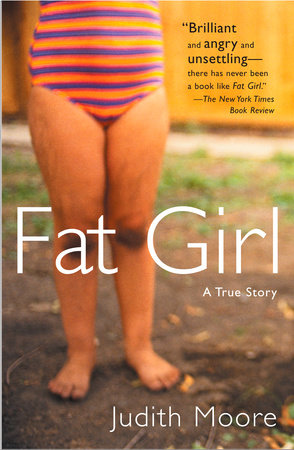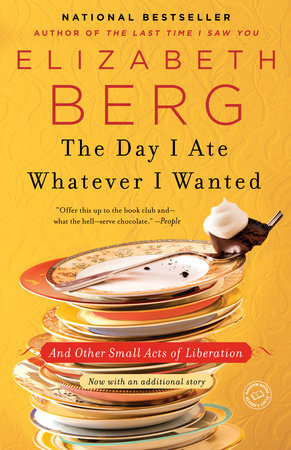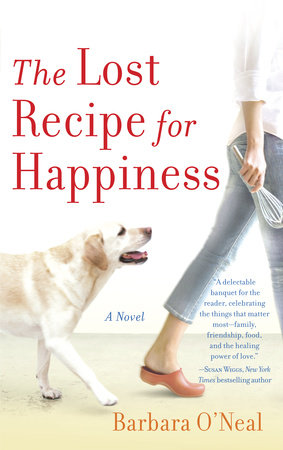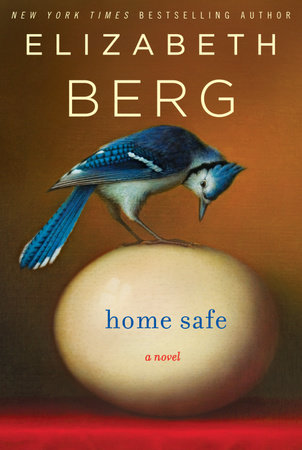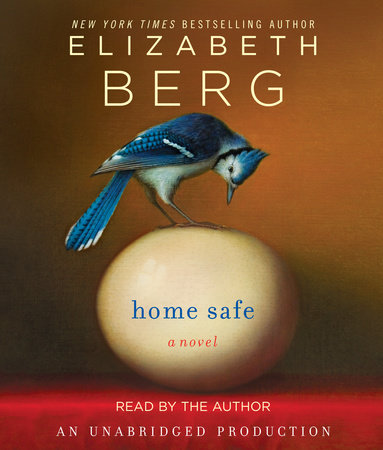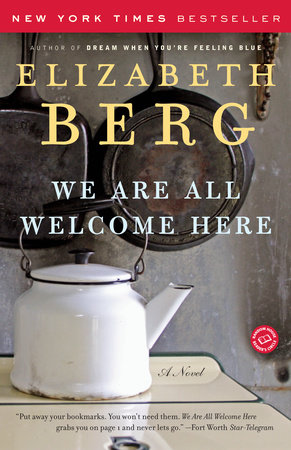Author Q&A
Elizabeth Berg on Mothers and Daughters
It’s a hot summer morning, and I’m nine years old. I awaken late and follow my usual morning routine: climb out of bed, untwist my pajamas, check out the sky, and then greet my little turtle, who lives in a plastic moat with a plastic palm tree and a ramp, which, to my way of thinking, is a turtle five- star hotel. I feed him some dried flies, and then go down to the kitchen for some dried flies of my own. So to speak.
My mother is not in the kitchen waiting for me. She is not in the basement doing laundry. She is not in the living room dusting or vacuuming, or in the bathroom scrubbing the tub. She is, in short, nowhere she is supposed to be. I look outside to see if she’s hanging wash on the line. Nope. Where she is is down the block a ways, sitting on the steps with some other women, having coffee with them.
I really want a fried egg, and I’m miffed that my mother is not there to make me one immediately. But I’ve watched her do it often enough, and I decide I can make one for myself. And so, not without trepidation, I take out the pan and the butter and the spatula and the egg. The final product is not exactly something I’d enter in a fried egg contest, but I have indeed made one, and now I do what I must do. I march down the block and interrupt my mother and her friends to hold out my plate and show my mom what I have done. “Very nice,” my mother says, and there, now I can eat it.
Cut to the teenage years, and now I am full of disdain for the woman whose love and approval I formerly sought above all others’. Everything she says is suspect. She is too
nice to people. She has no idea how to dress—herself or me. She drives too slow. Basically, everything she does is wrong, even if she’s just standing there breathing.
Again, I am doing what I must do, only this time it is to walk not toward my mother but as far away from her as I can get. I have to cut my ties to her in order to have a life of my own. So I subjugate the love I hold for her in my heart, and make a mantra out of
I can’t wait to get out of here. I don’t mean just physically. I mean psychically. In time, I do remove myself both ways; it is natural and fitting. Then, years later, I come to a refined love and new appreciation for my mother; this too is natural and fitting.
Everybody knows this happens. Everybody knows the motherdaughter relationship is one of the most complex there is. So why was it so difficult, so
shocking, when my own daughters went through the same process I did? Well, because although it’s hard to be the one in either position—the person who has to leave, or the person who is left—I think it was hard for me because I subscribed to what every mother believes: that she would do everything differently—better—than her own mother did. It is true that all mothers do things differently from their own mothers, but they don’t necessarily do them better. It is also true that no matter what kind of mother we are, the day will come when something we say or do will be met with rolled eyes and a huge sigh, if not an epithet and a slammed door.
When I wrote
Home Safe, I wanted to look at a number of things. The mystery and joy and pain of creativity. What happens when a vital safety net is suddenly removed. The difficulty some people have in growing up. The way a deep love can be as crippling as it is satisfying. But mostly, I wanted to look at the motherdaughter relationship. I wanted to “be” my daughter when she is looking at me and shaking her head and saying, rapid- fire, ”
Mom. Mom. Mom.” What is inside all that kind of exasperation?
One of my daughters now has children of her own, one of them a son. The other is (
Jaws theme here, please) a daughter. “I know what’s coming,” my daughter said recently, ruefully. What I know is that I’ll be there to comfort them both.





